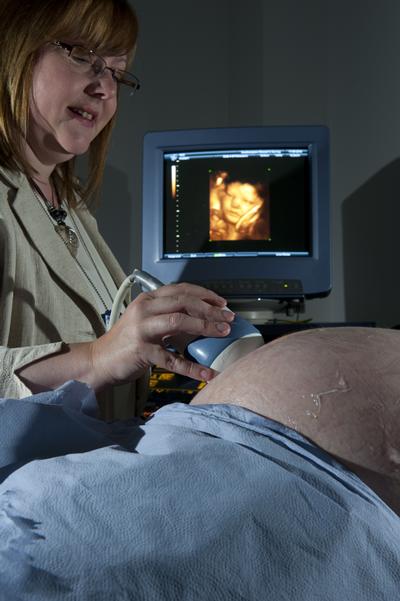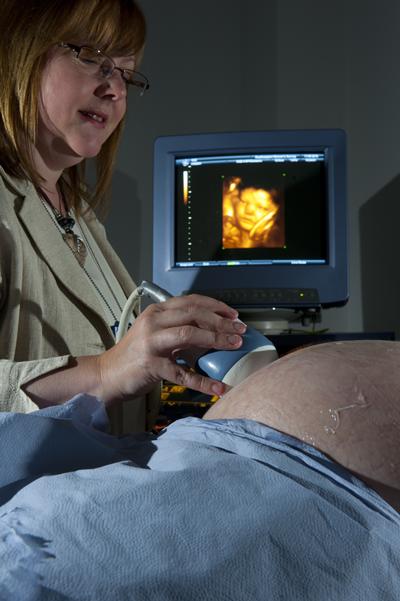Research to measure understanding of age-related fertility decline and planning a family

Researchers in Southampton are conducting the largest survey of its kind to find out what men and women know about age-related fertility decline and the impact it has on planning a family.
The University of Southampton together with Princess Anne Hospital in Southampton, are looking to recruit more than 2000 people from all over the country to the online study.
Researchers hope to gain insight into the attitudes of people towards egg freezing, their intentions regarding having children and what people think ovarian awareness is.
The number of women having IVF treatment to conceive is rising. In 2010 45,264 women had IVF treatment in the UK compared to the 36,861 women who had the treatment in 2007 and now around 1.5 per cent of all babies born in the UK are the result of IVF and donor insemination.
Professor Nicholas Macklon, Professor of Obstetrics and Gynaecology at the University of Southampton and Director of the Complete Fertility Centre at the Princess Anne Hospital, comments: “Until recently, most women wishing to conceive after the age of 37 either faced failure or opted for IVF, often without success. In recent years however, new technology has become available which may allow women to freeze their eggs, for use later in life. This offers women the possibility of waiting to have a family until they have found a partner with whom they wish to have children or until a suitable moment in their career.
“Many people know that age has a significant impact on a women’s ability to have a baby. But we want to find out more about what people really understand about age-related fertility decline, the reasons why women, men and couples make the conscious decision to postpone having a family, and the options available to make that happen.”
Researchers hope that a better understanding of the reasons behind delaying having a family will help in the provision of relevant information to enable women and couples to make informed fertility decisions in the future. It will also allow for better service provision, not only for women and couples wishing to postpone childbearing, but also for those women wishing to plan a family.
The online questionnaire can be found at www.mycompletefamily.co.uk and anyone can take part.

Professor Nicholas Macklon, Professor of Obstetrics and Gynaecology at the University of Southampton and Director of the Complete Fertility Centre at the Princess Anne Hospital, comments: “Until recently, most women wishing to conceive after the age of 37 either faced failure or opted for IVF, often without success. In recent years however, new technology has become available which may allow women to freeze their eggs, for use later in life. This offers women the possibility of waiting to have a family until they have found a partner with whom they wish to have children or until a suitable moment in their career.
“Many people know that age has a significant impact on a women’s ability to have a baby. But we want to find out more about what people really understand about age-related fertility decline, the reasons why women, men and couples make the conscious decision to postpone having a family, and the options available to make that happen.”
Researchers hope that a better understanding of the reasons behind delaying having a family will help in the provision of relevant information to enable women and couples to make informed fertility decisions in the future. It will also allow for better service provision, not only for women and couples wishing to postpone childbearing, but also for those women wishing to plan a family.
The online questionnaire can be found at www.mycompletefamily.co.uk and anyone can take part.